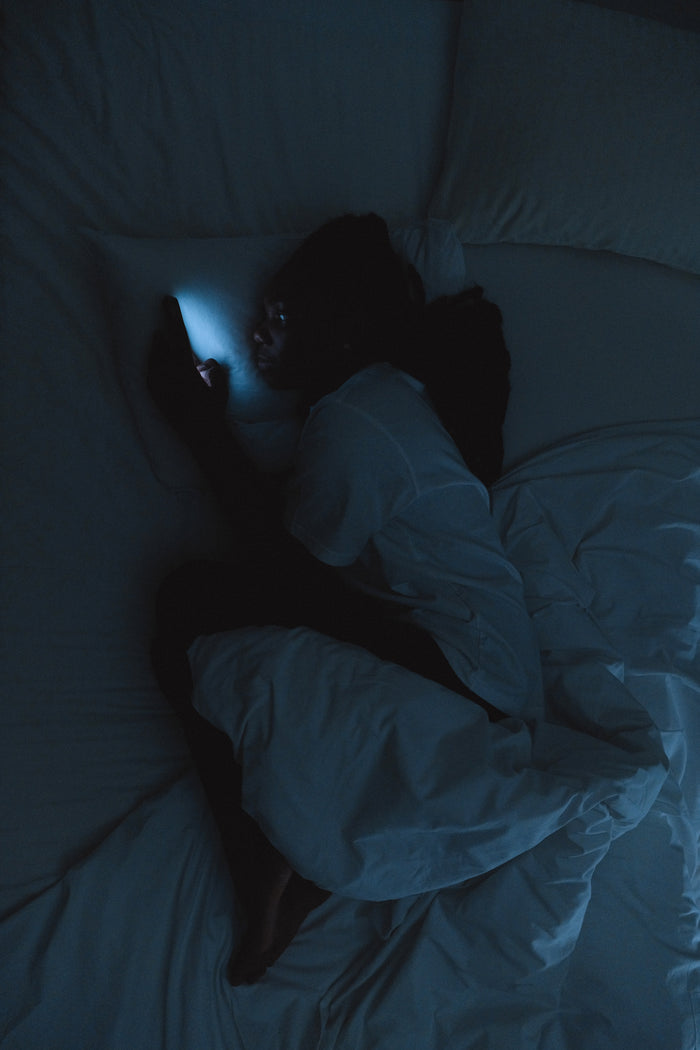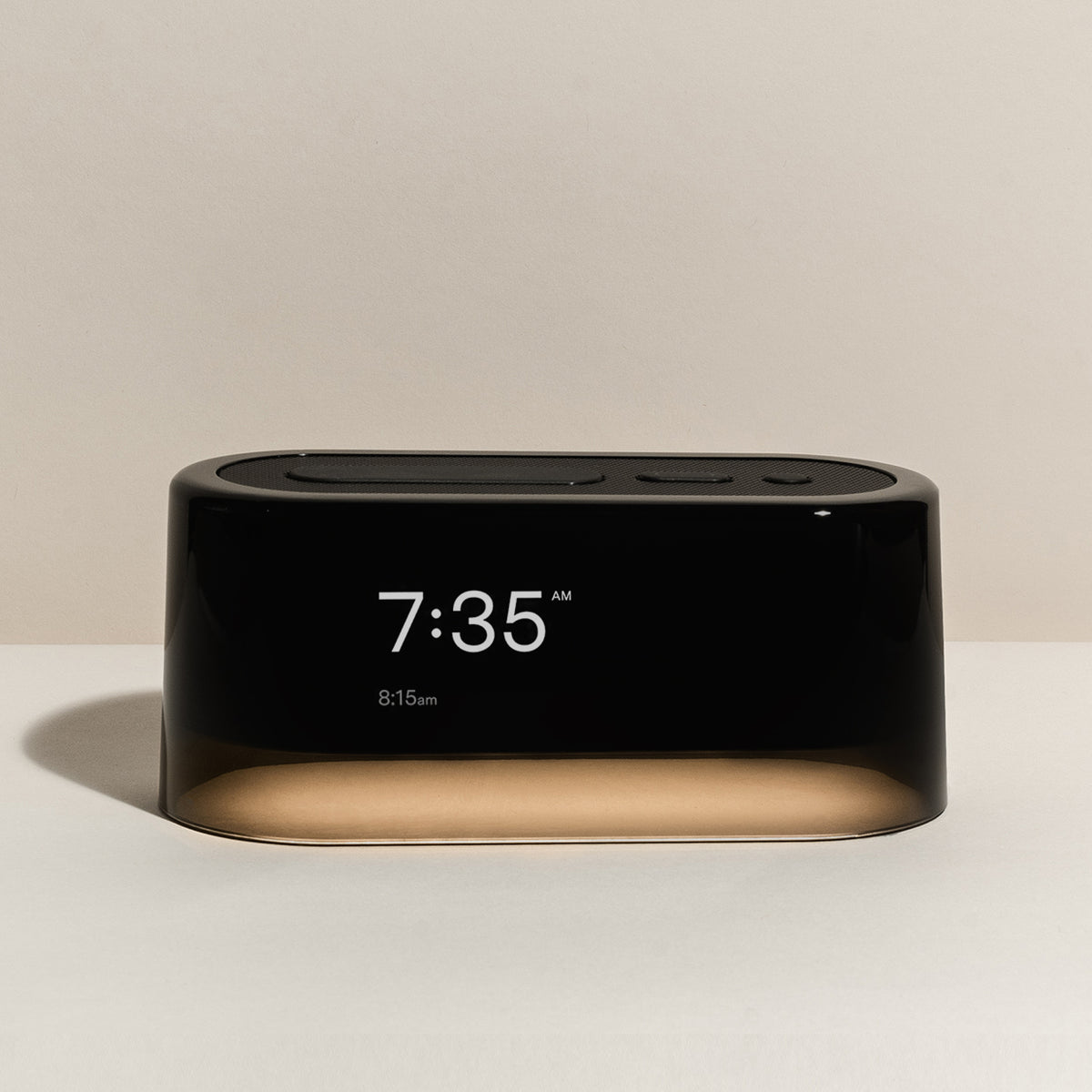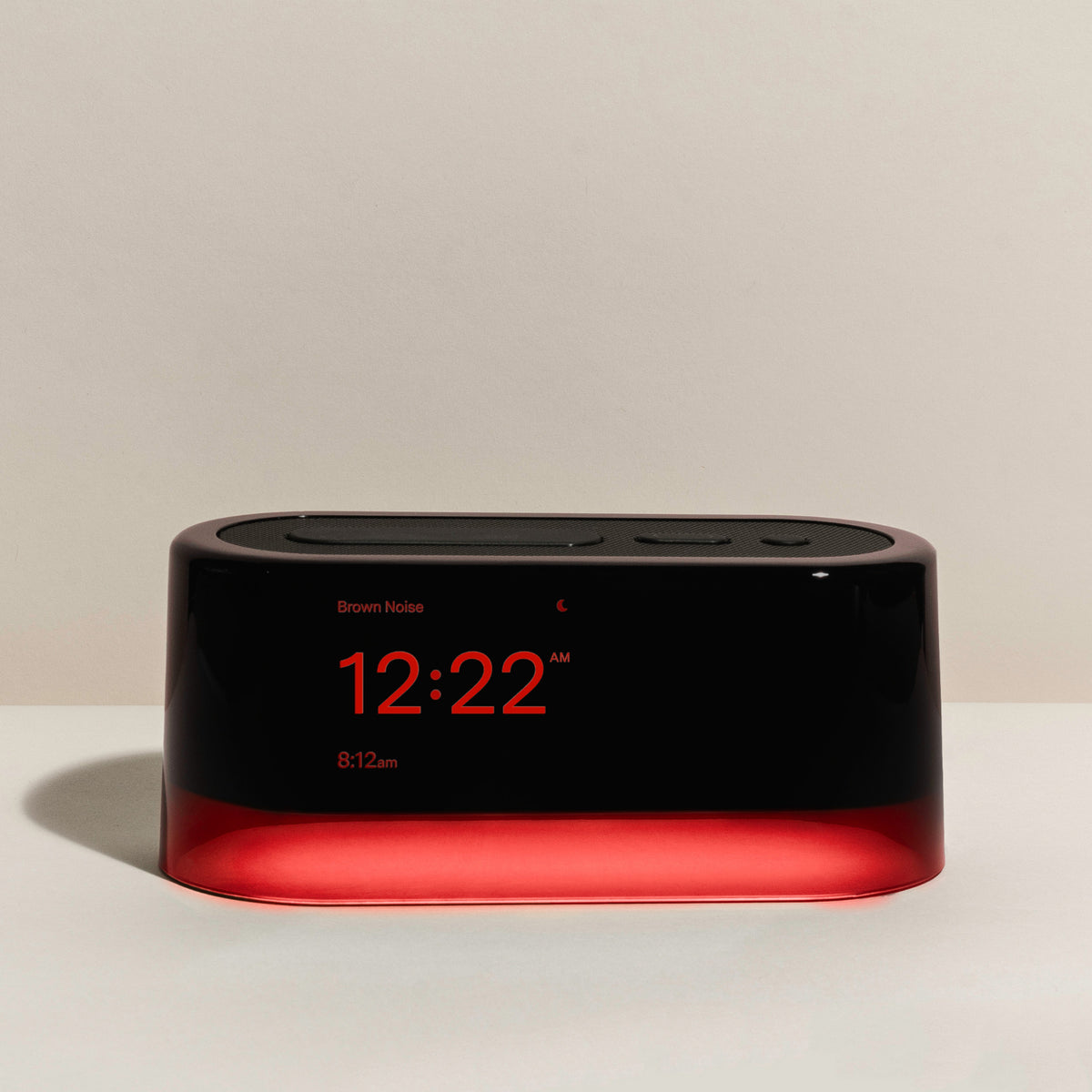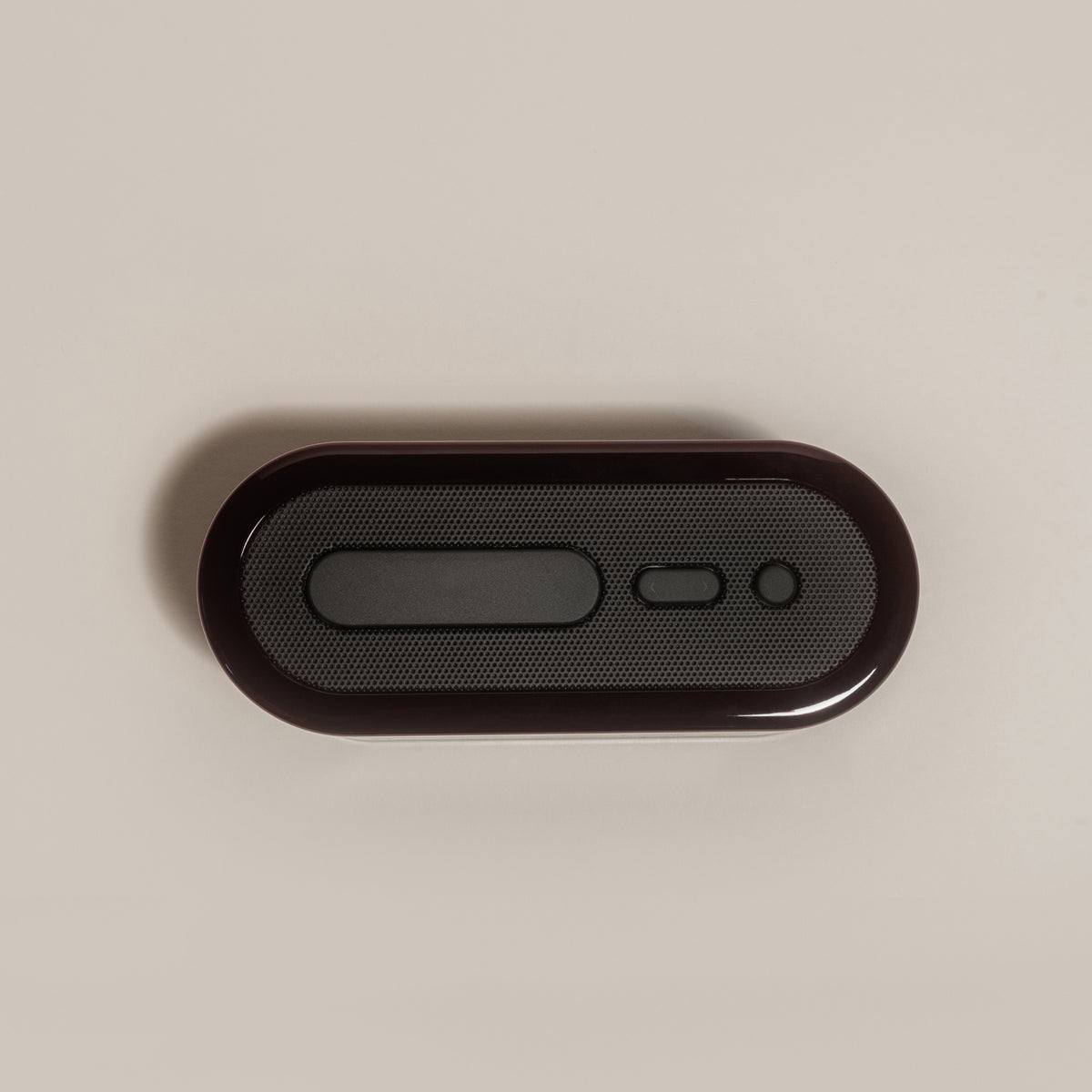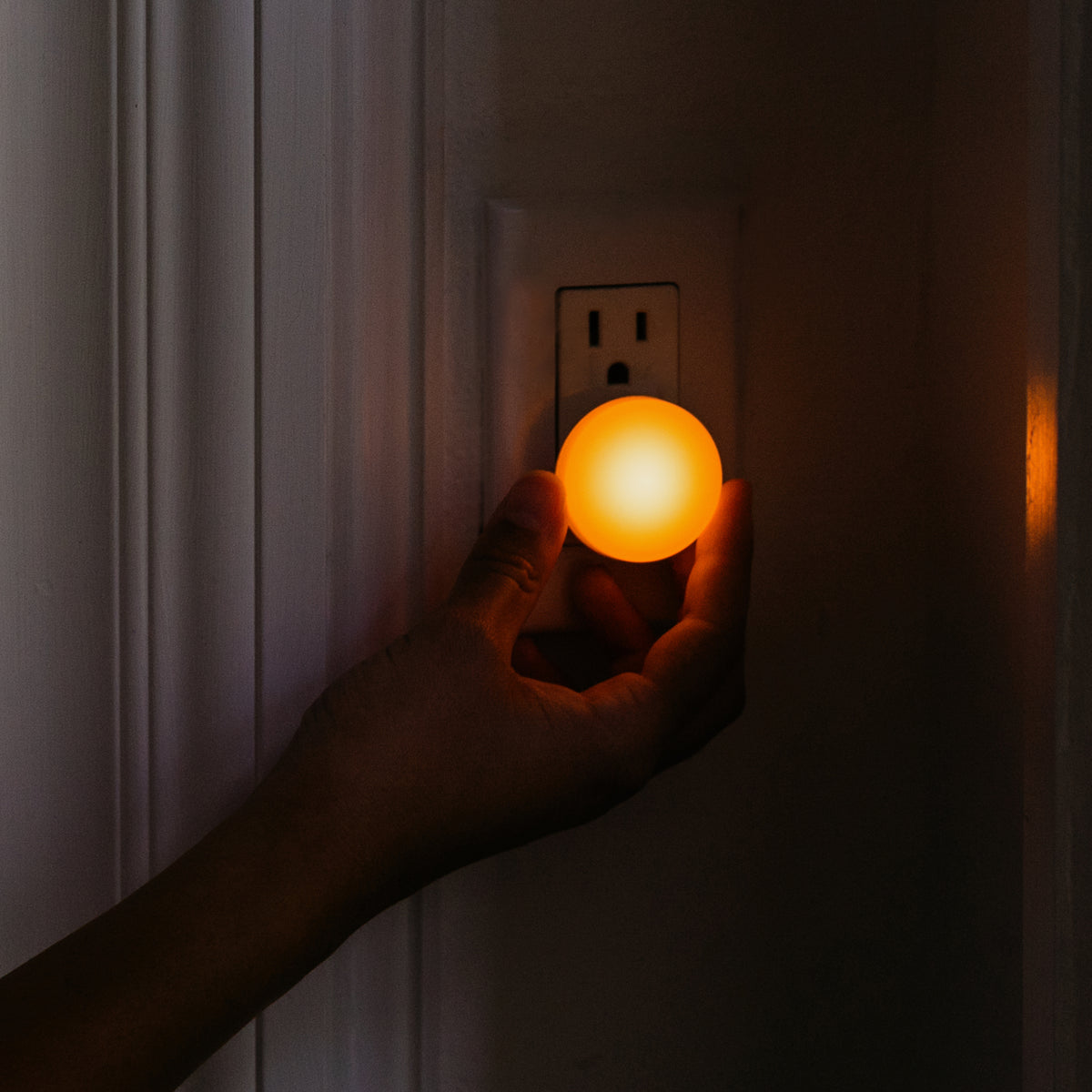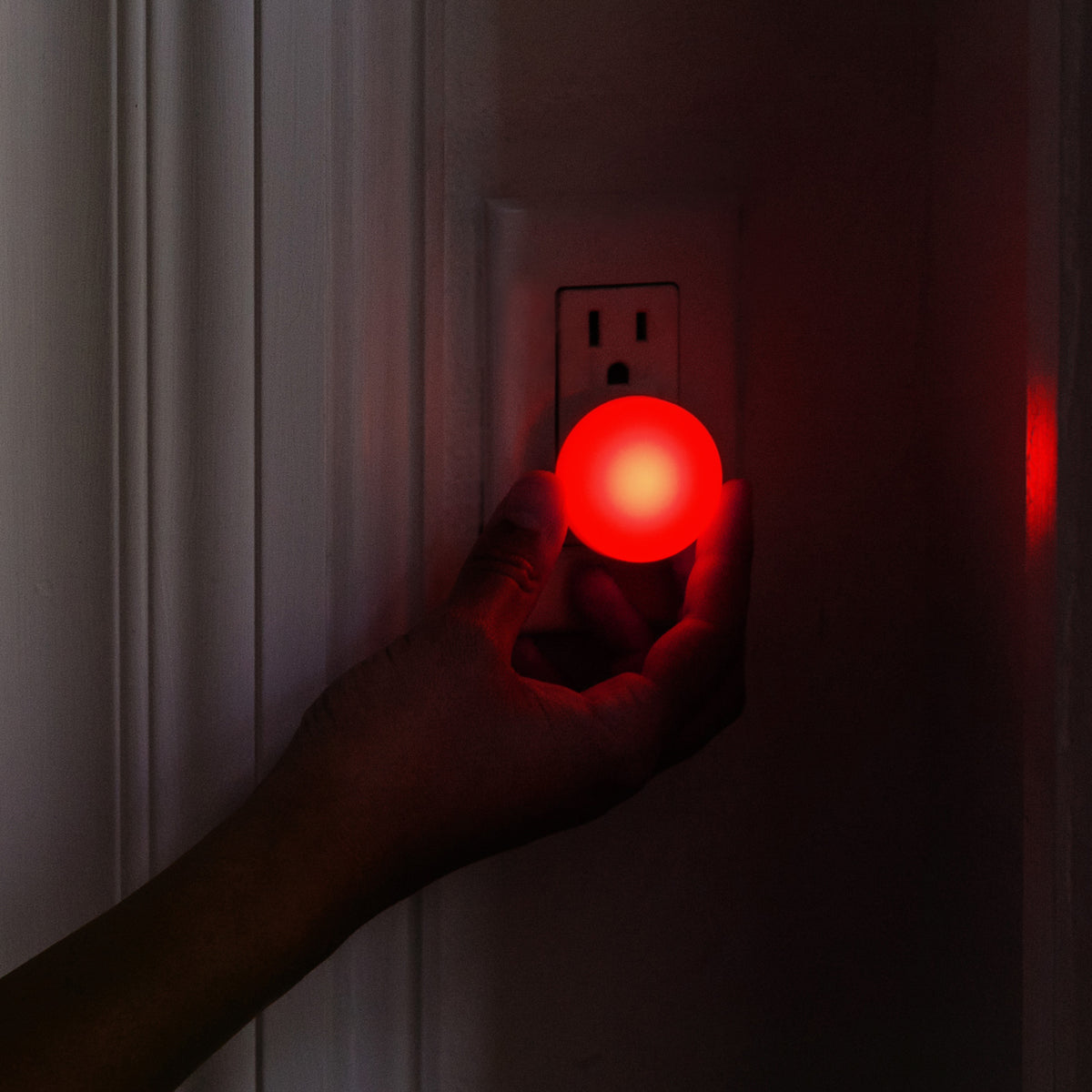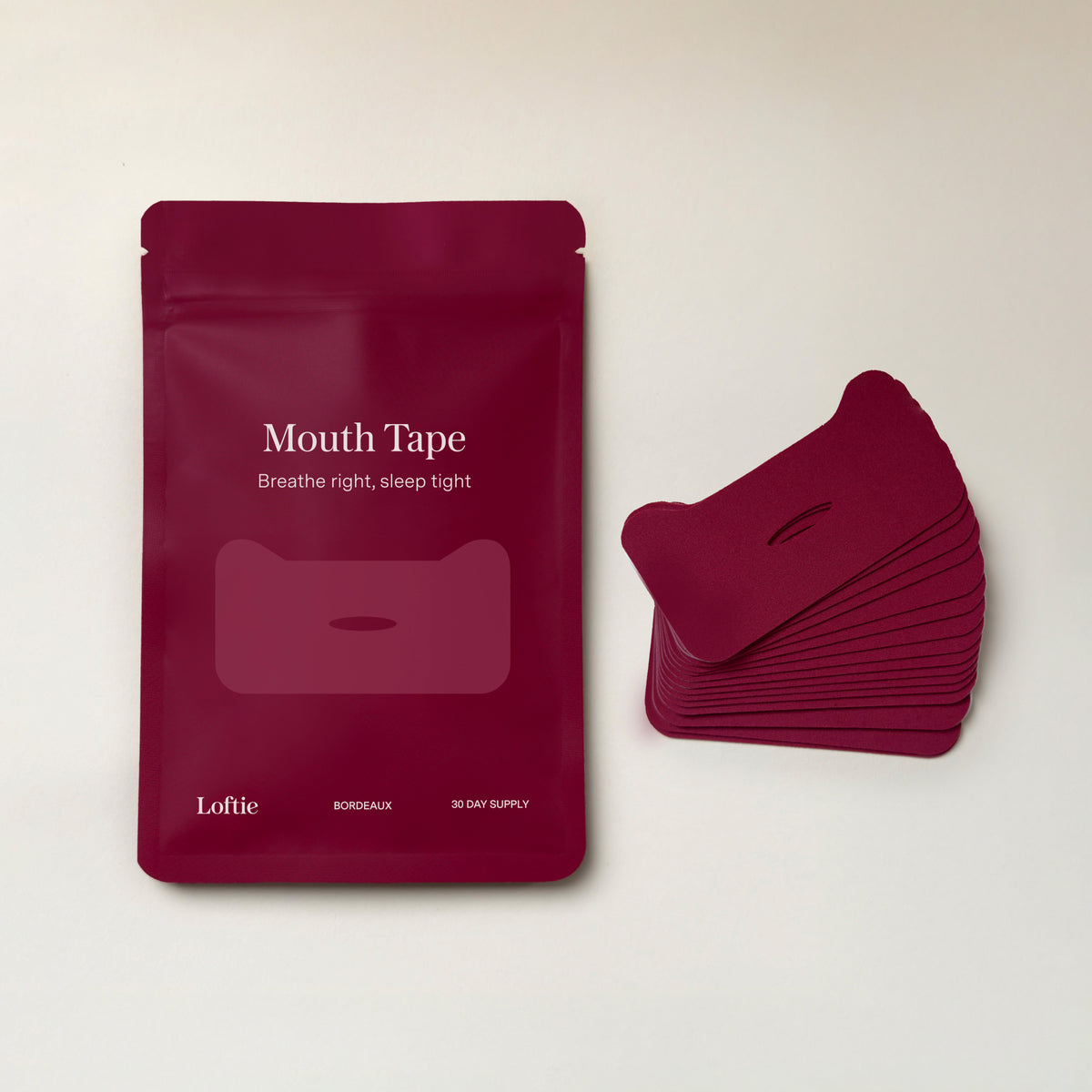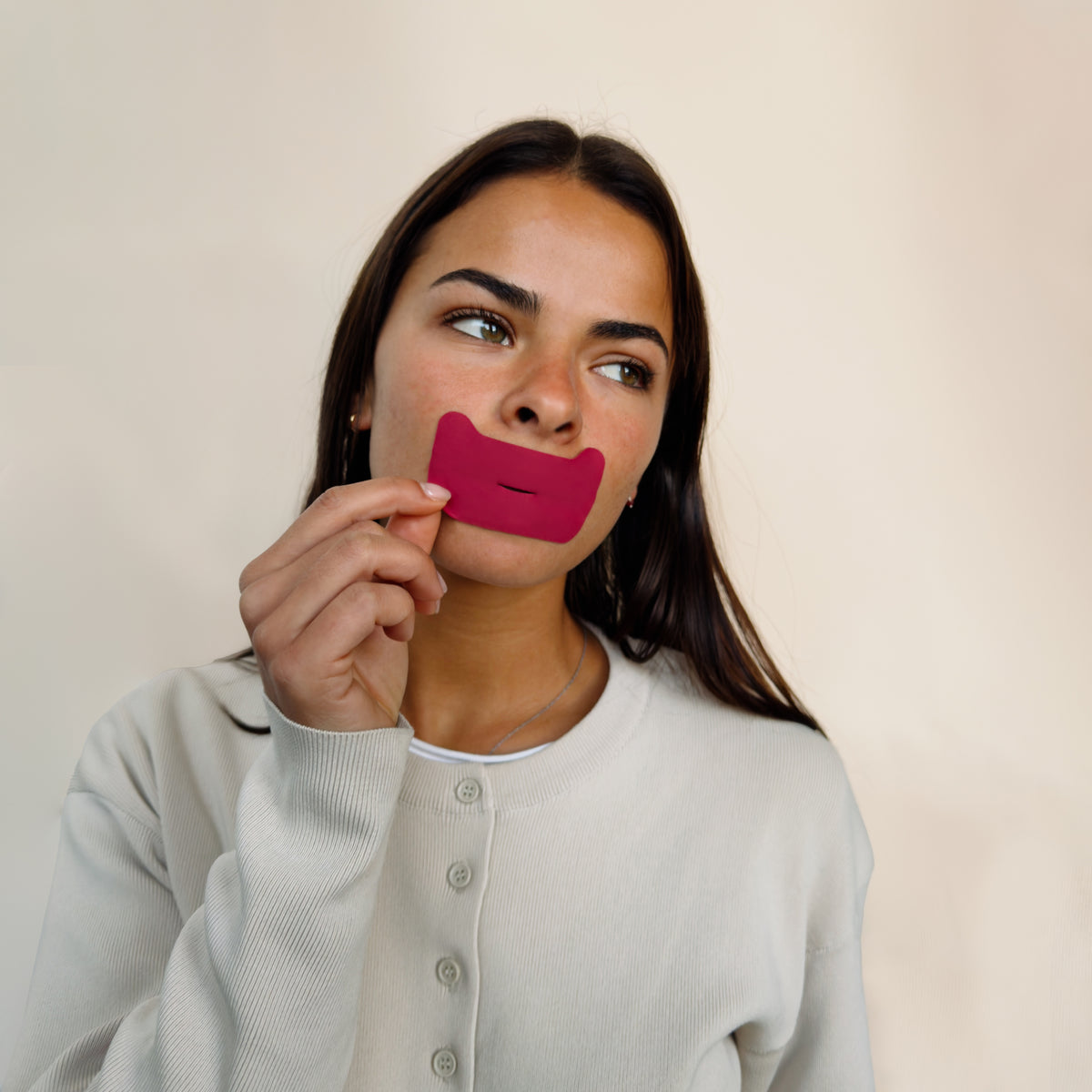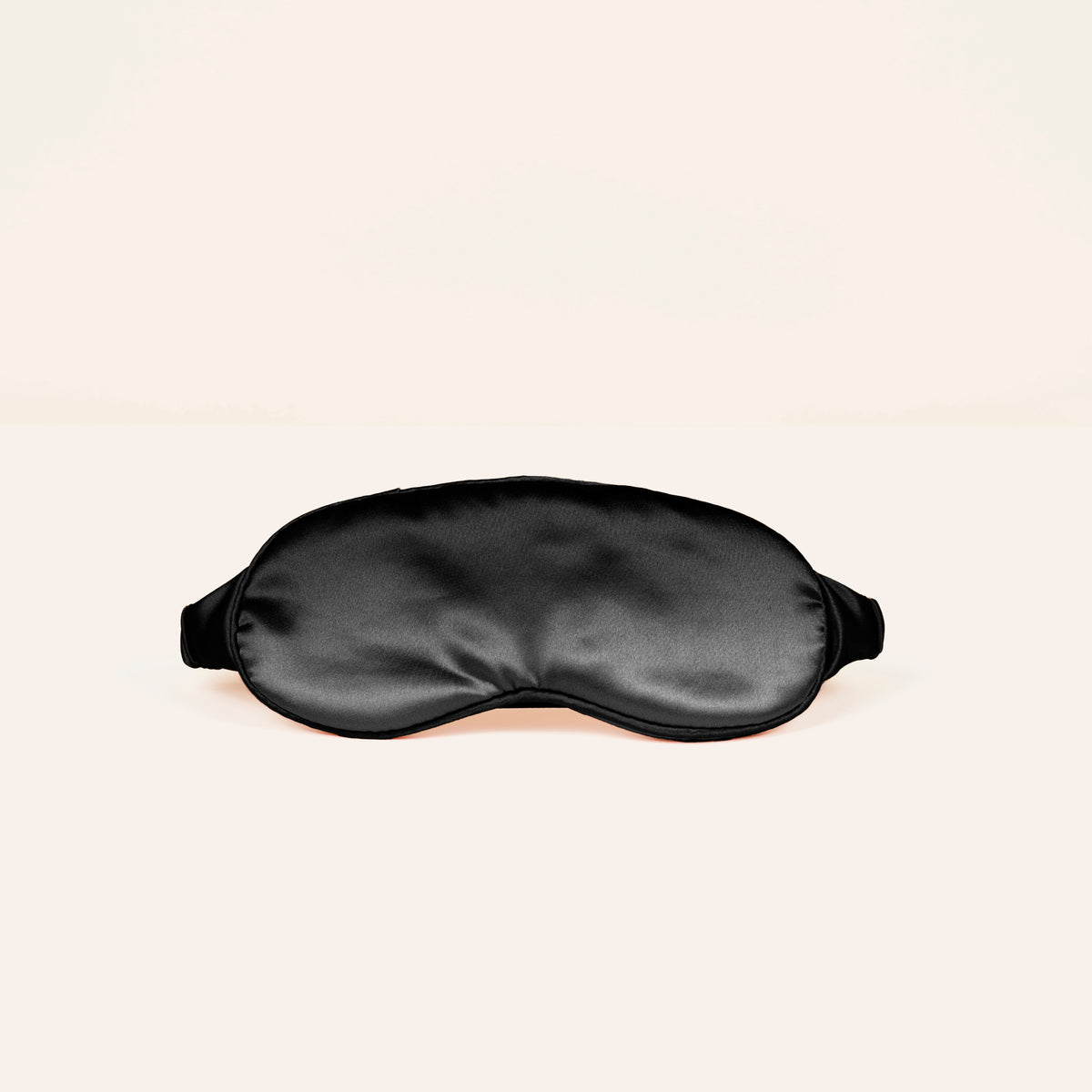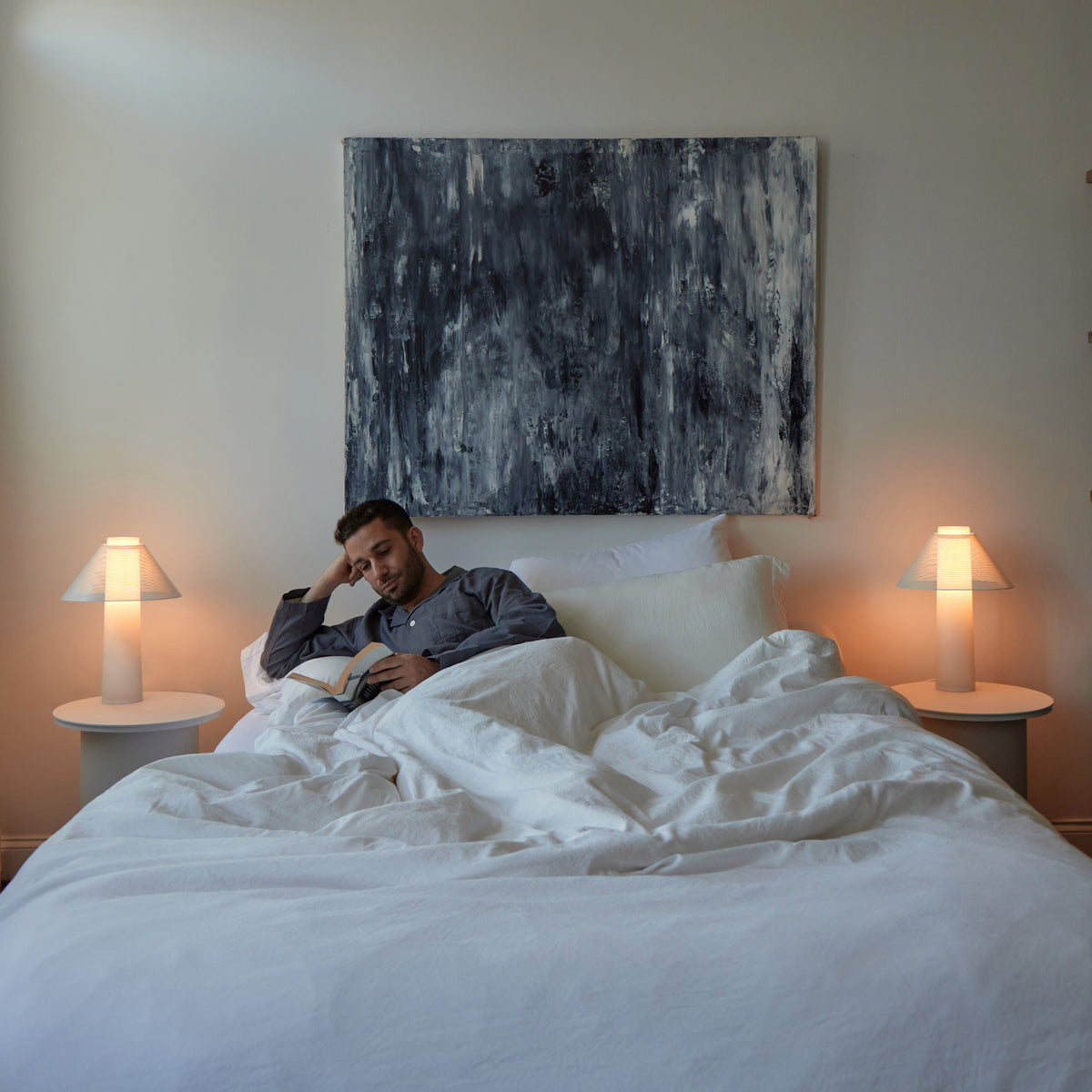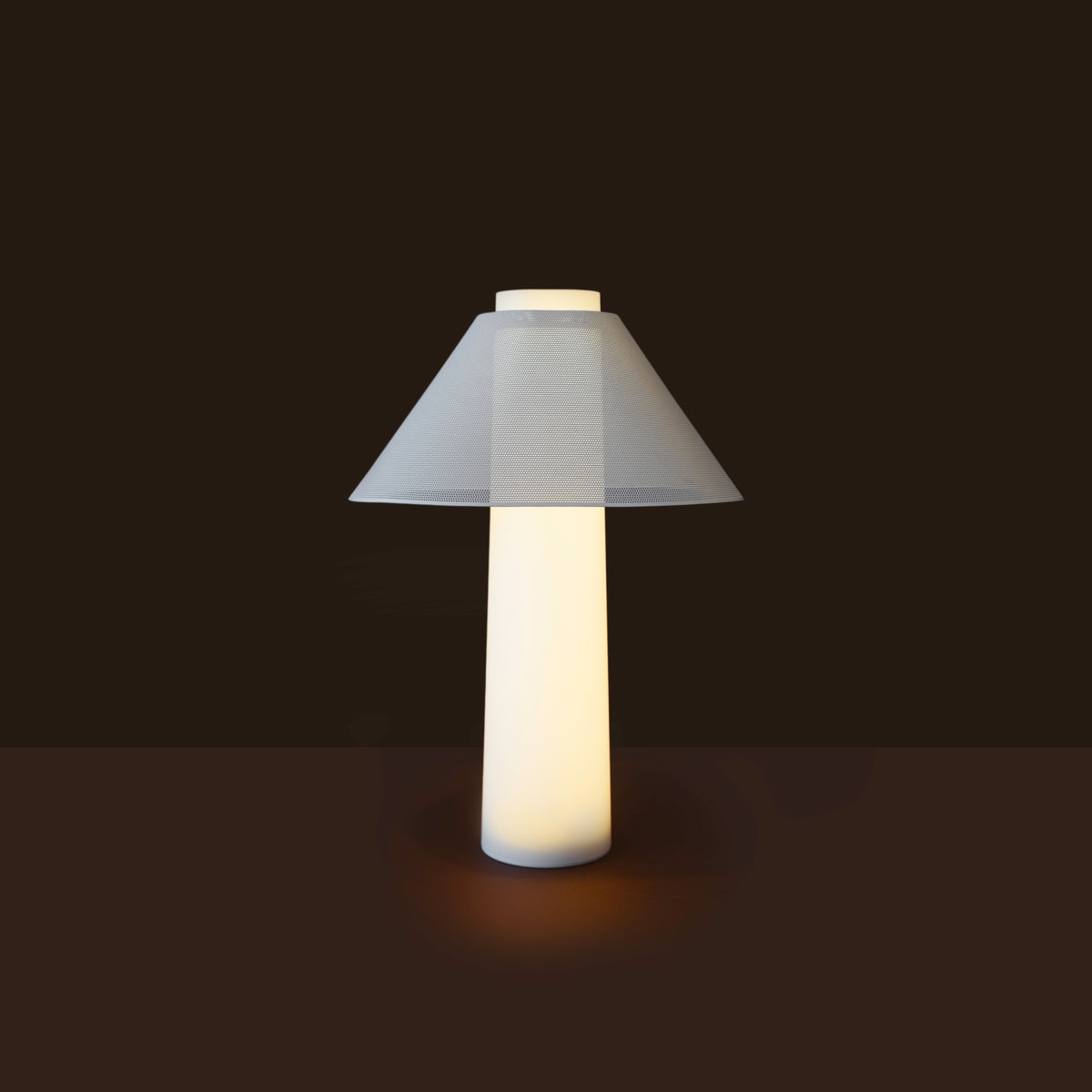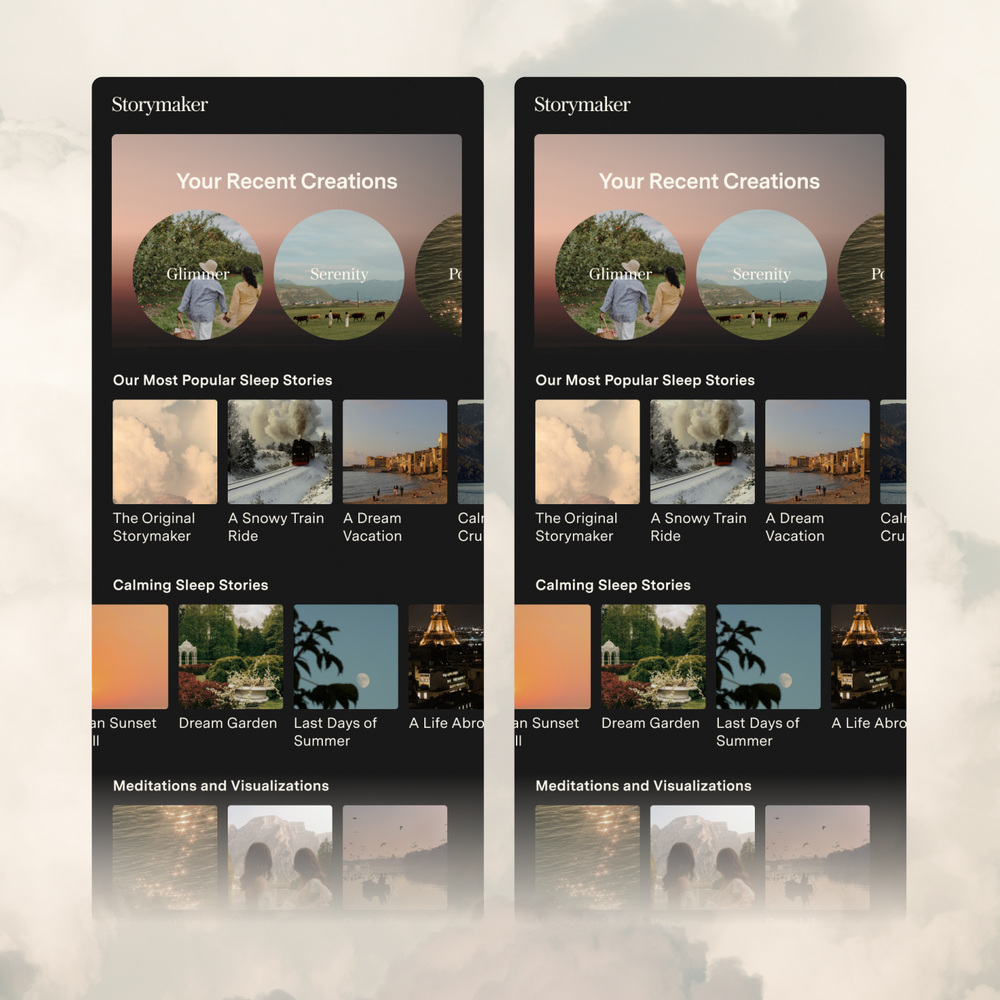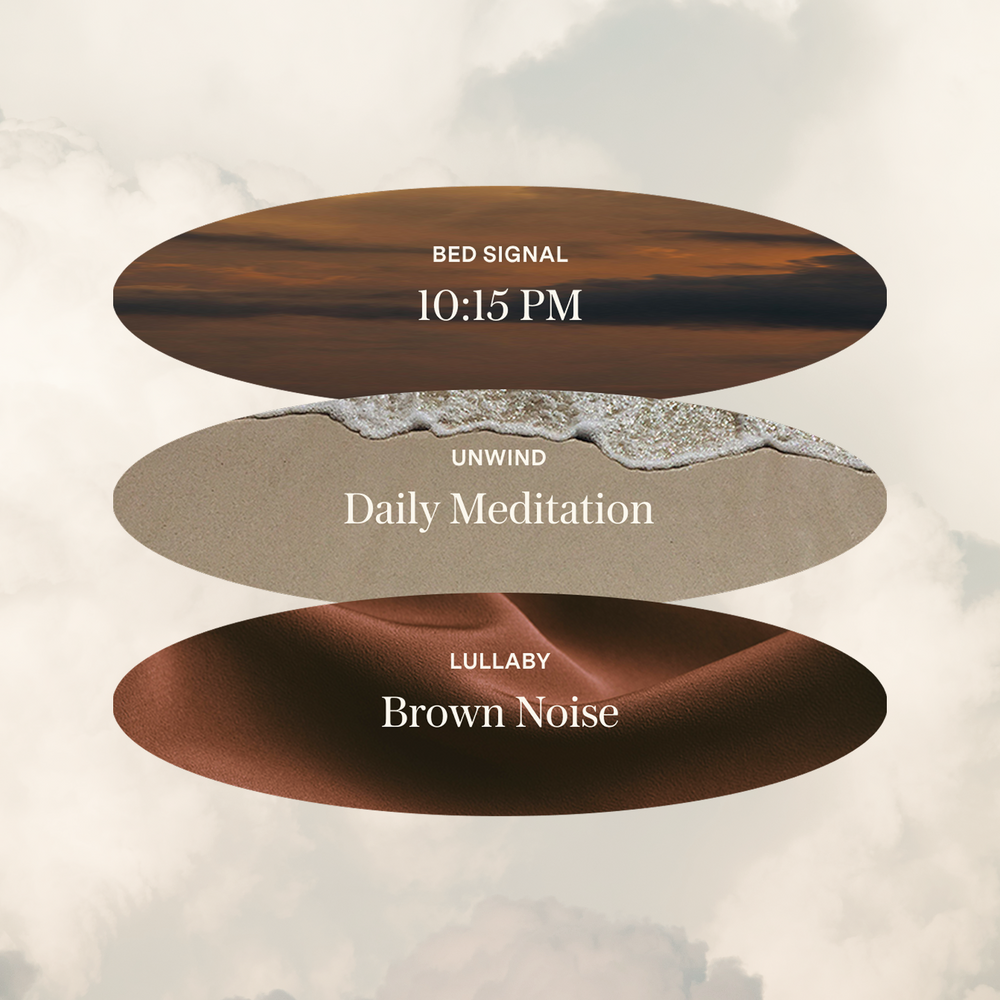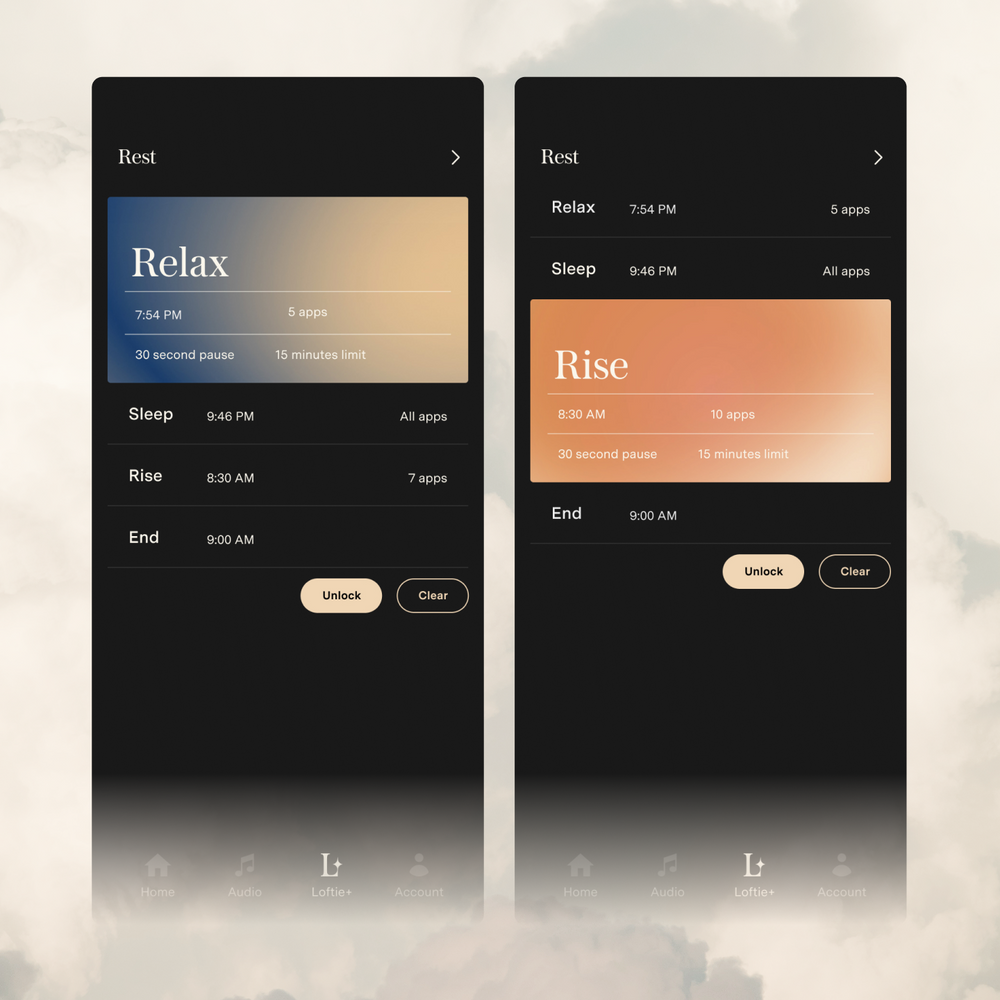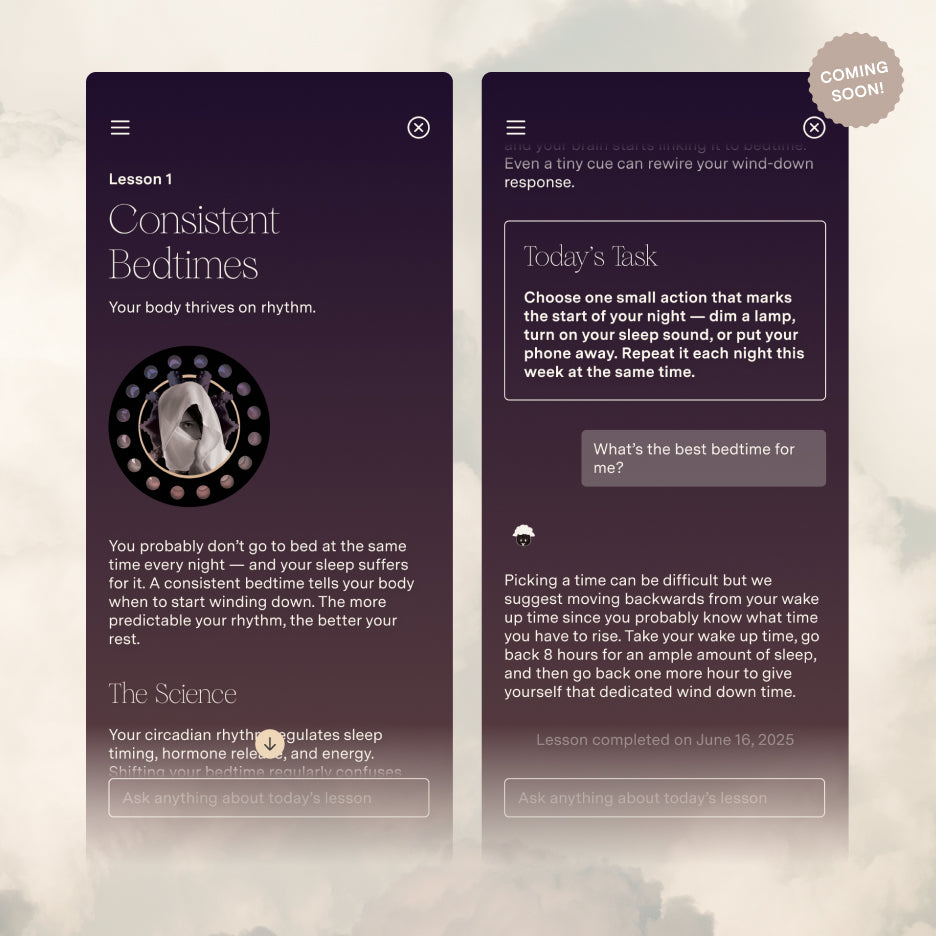Is there a connection between phone usage and sleep quality? Definitely.
Tossing, turning, and scrolling through social media while bundled up in bed has become a sort of vice in the modern world—a nightly cycle many of us can relate to. But is it bad to sleep with your phone? What is the connection between phone usage and sleep quality and how does it impact the brain? We’ve investigated the effects this habit has on wellness and, spoiler-alert, it’s not pretty.
Side Effects of Using Your Phone at Night
It’s scientifically proven: The body knows us better than we do—especially when it comes to unwinding and recharging at bedtime. The brain takes everything that comes with late evenings (i.e. the lack of sunlight, certain smells and sounds) as a sign to finally get under the covers and clock in some much-needed sleep. But, the follow-through on those natural instincts is not always so seamless when there’s tech involved.
Given the addictive behaviors our smartphones encourage, unplugging at bedtime—cold turkey, for that matter—seems an almost impossible task. It’s tempting to use your phone at night to scroll through your various feeds, share memes with friends, or search random fun facts while lying in bed. You do it for entertainment, in hopes it will bring you calm after a particularly stressful day. In reality, it’s doing more harm than good. Rather than relaxing your system, screentime stimulates both the body in mind in ways that specifically disrupt healthy sleep cycles.
“The light from our screens can delay our transition to sleep, even if we are engaged in some soothing activity online,” explains Joanna Cooper, M.D., a neurologist and sleep medicine specialist with the Sutter East Bay Medical Foundation. “The timing of sleep and wakefulness is controlled by two areas in the brain. One is highly sensitive to light and drives wakefulness, while the other, called the pineal gland, secretes the sleep hormone melatonin when the light dims in the evening.”
When the brain is subjected to incessant stimulation, it goes into fight-or-flight mode. Cortisol, a stress hormone, is released, and the production of melatonin, a hormone that controls the sleep-wake cycle and is created in response to darkness, is suppressed. It’s the opposite of what we need to achieve a restful night’s sleep.
Less Technology, More Happiness
But technology’s influence goes beyond sleep quality. A 2018 study took a closer look at whether or not the use of phones in the bedroom can impact happiness and well-being. Published in the journal Computers in Human Behavior and authored by Nicola Hughes of the University of East London, the study called for half of the participants to temporarily abstain from using their phone in the bedroom. The other half of participants were allowed to use their phone before bed, upon waking and carry on as normal.
At the end of the study, Hughes found that those who limited their phone use felt their quality of life improve after one week. They also shared with researchers that keeping their phones out of their bedrooms notably improved their sleep, their relationships, and reduced their anxiety.
How Long Before Bed Should You Stop Using Your Phone?
According to The National Sleep Foundation, optimal sleep quality is achieved when electronics are put down 30 minutes before bedtime. Why? Your brain thinks the blue light that emits from your phone screen is sunlight, causing it to delay sleep. Limiting screen time before bed or going so far as to implement a “no phone before bed” rule for yourself will help keep your sleep patterns regular and your sleep quality enviable. Yep, it really is as easy as saying goodbye to nighttime scrolling.
How to Stop Using Your Phone at Night
Sleep and phones just don’t mix. To sleep better, it’s important to make changes to your routine. And tracking your sleep on phone apps might not help as much as you think it would.
As previously mentioned, screentime is a stimulator. A simple way to combat this? Treat your bedroom like a sanctuary and keep your phone in a separate room, far from reach, when bedtime approaches. Obviously we’re partial to the idea of using the Loftie Clock to get sleep help like meditations, music, and white noise without using a phone, but you can always just opt for a good ol’ book and cup of hot tea if you’re looking to elevate your bedtime ritual. The result: a happier, healthier, more energized you.


